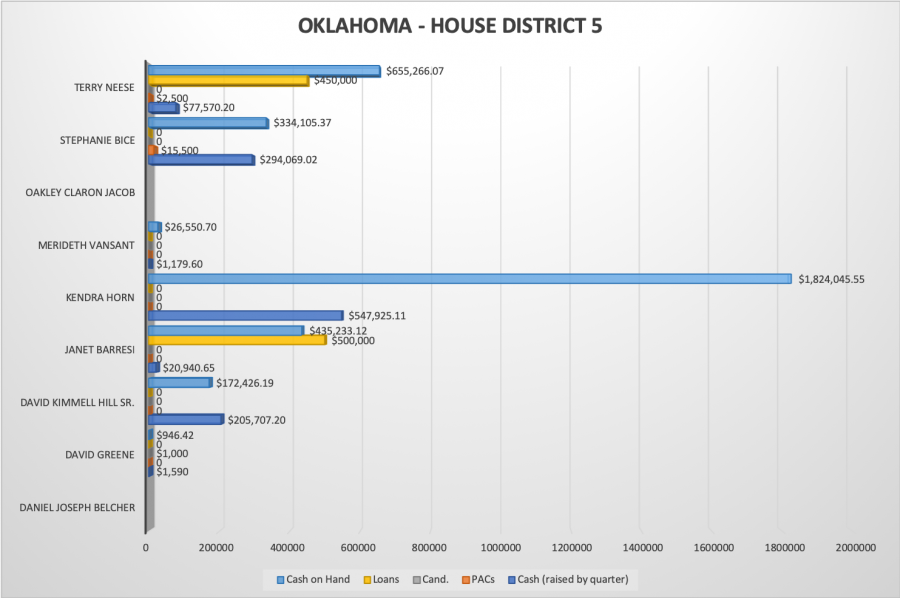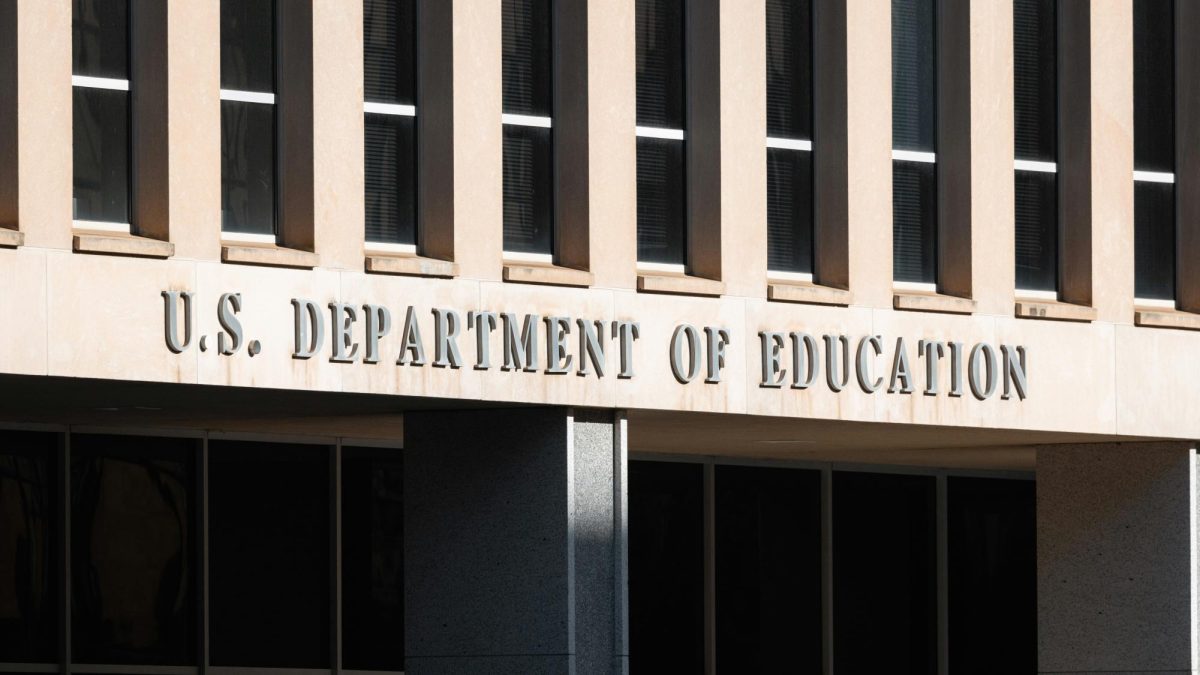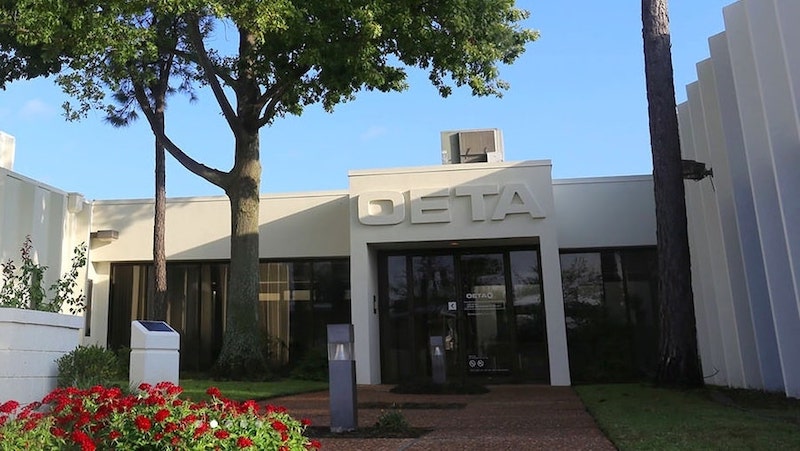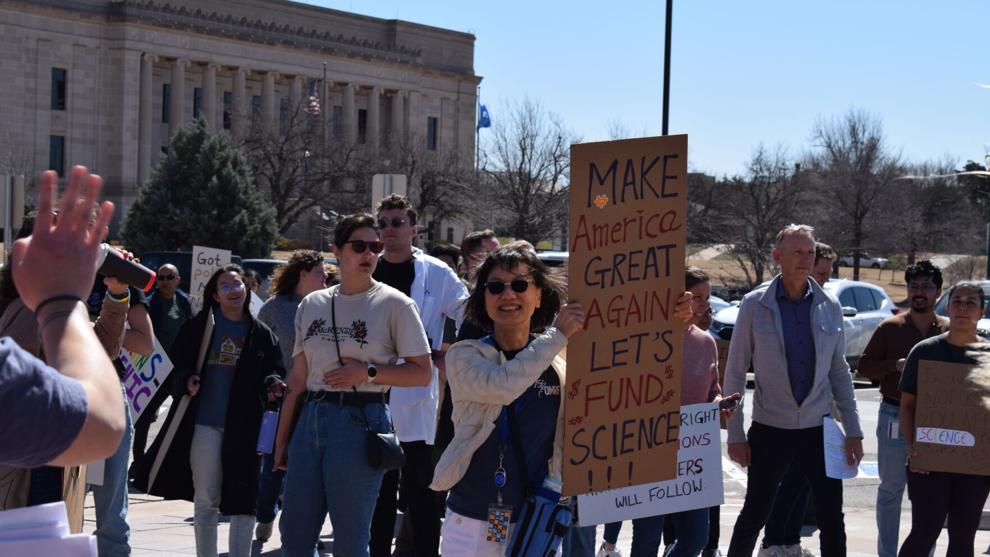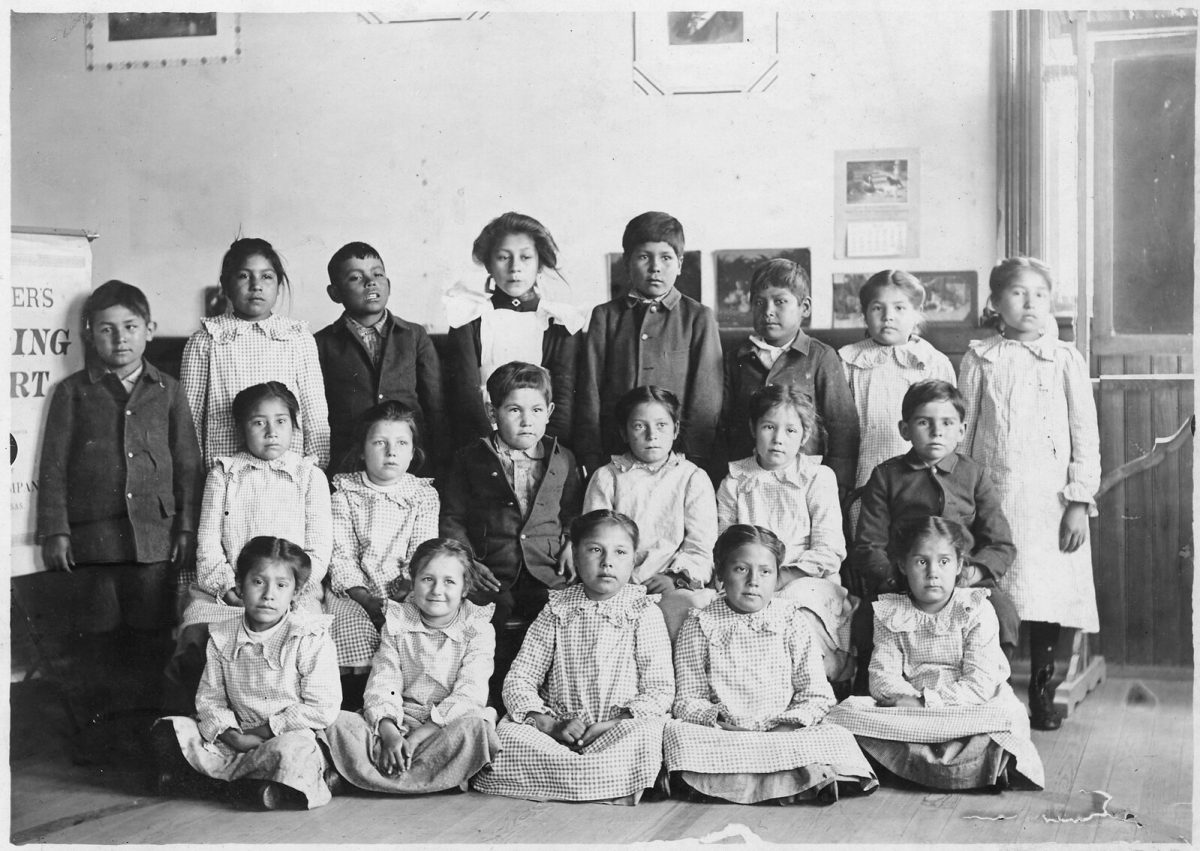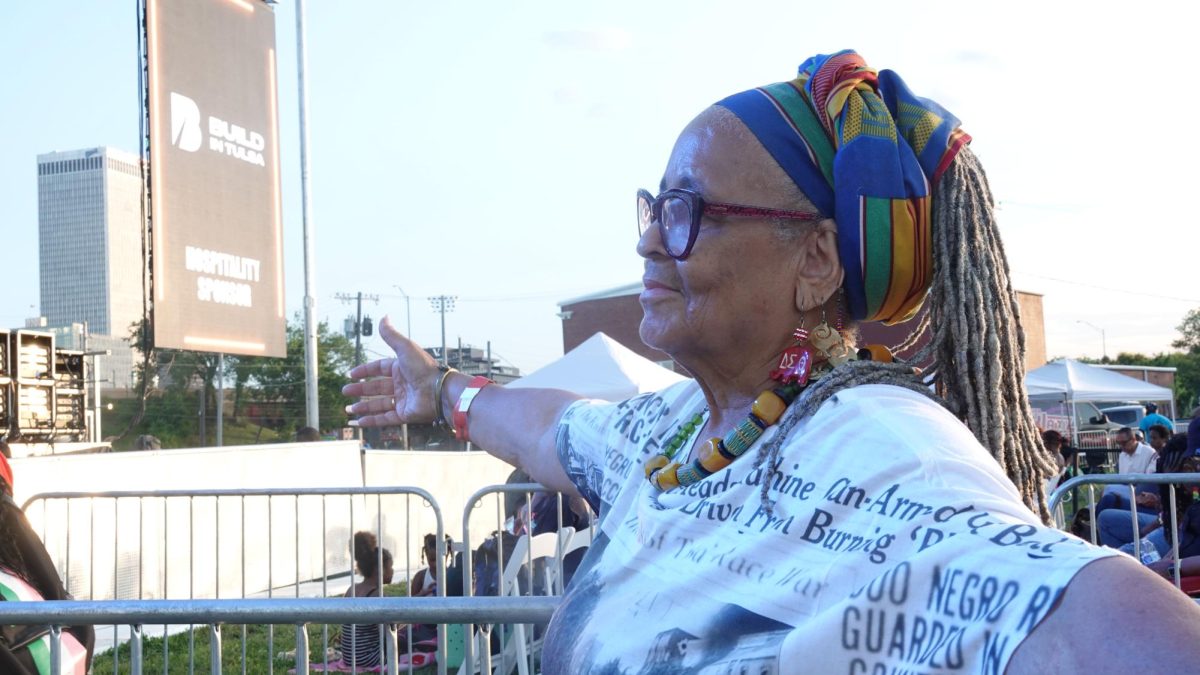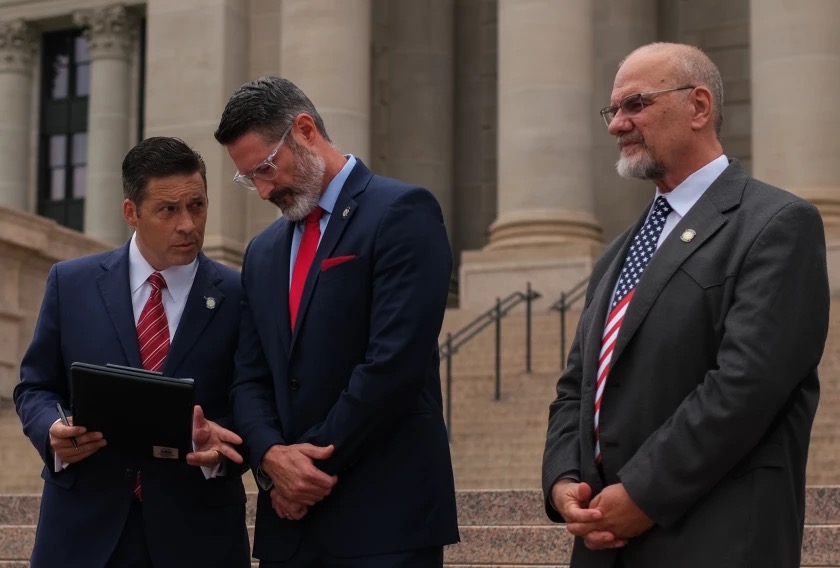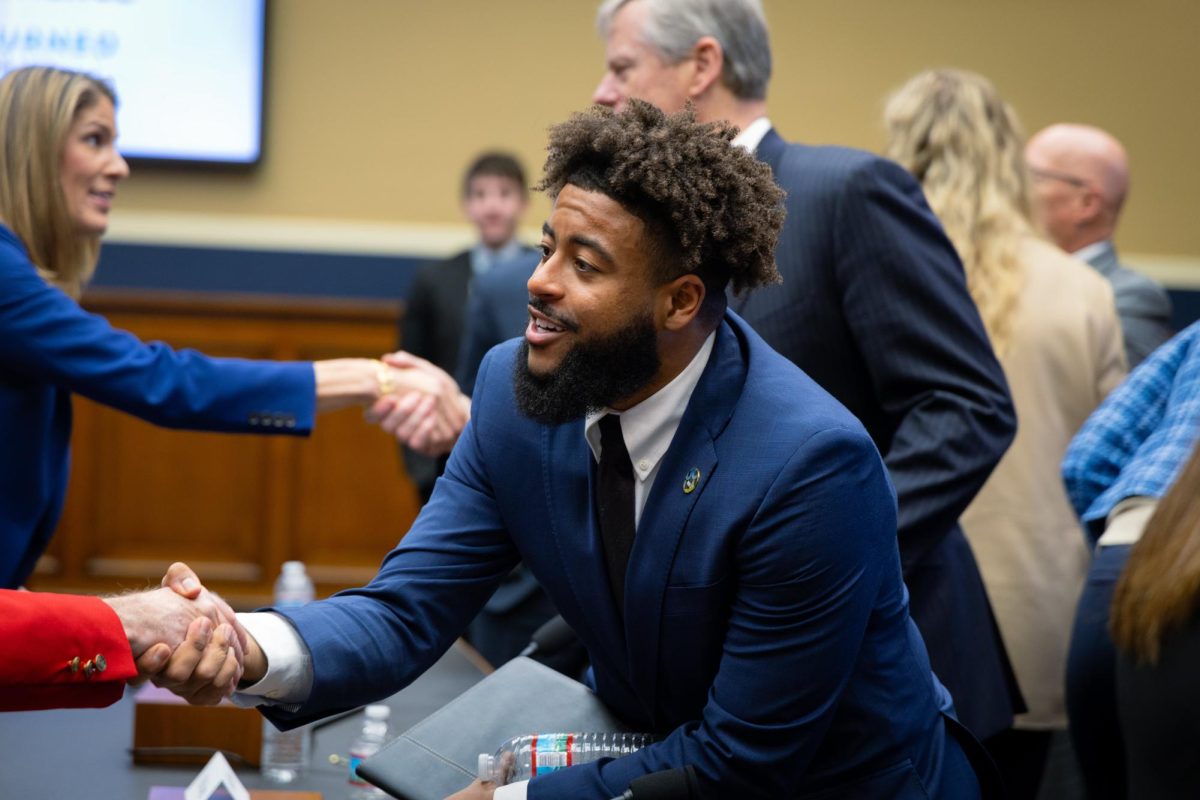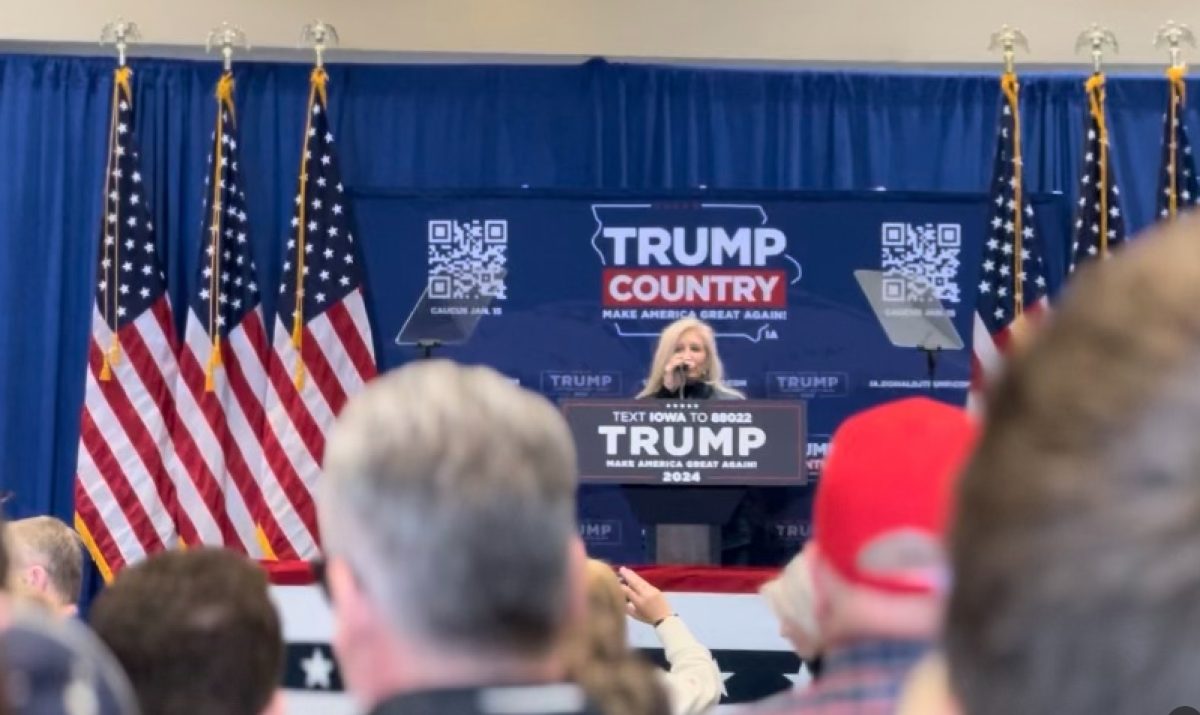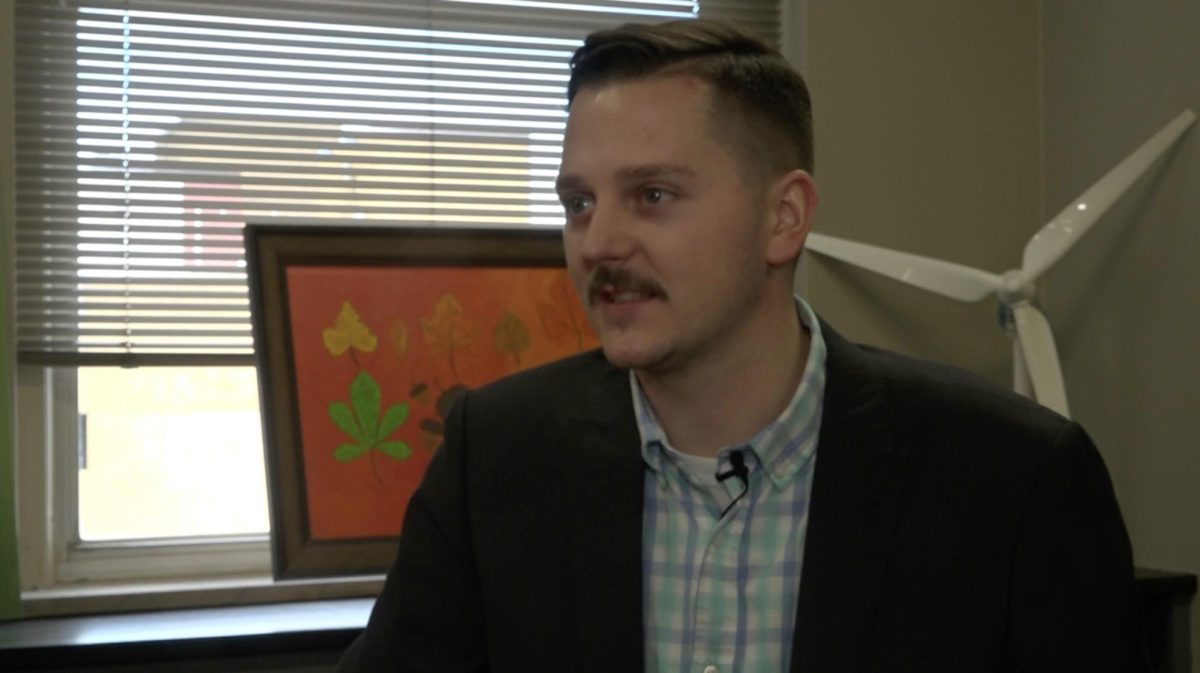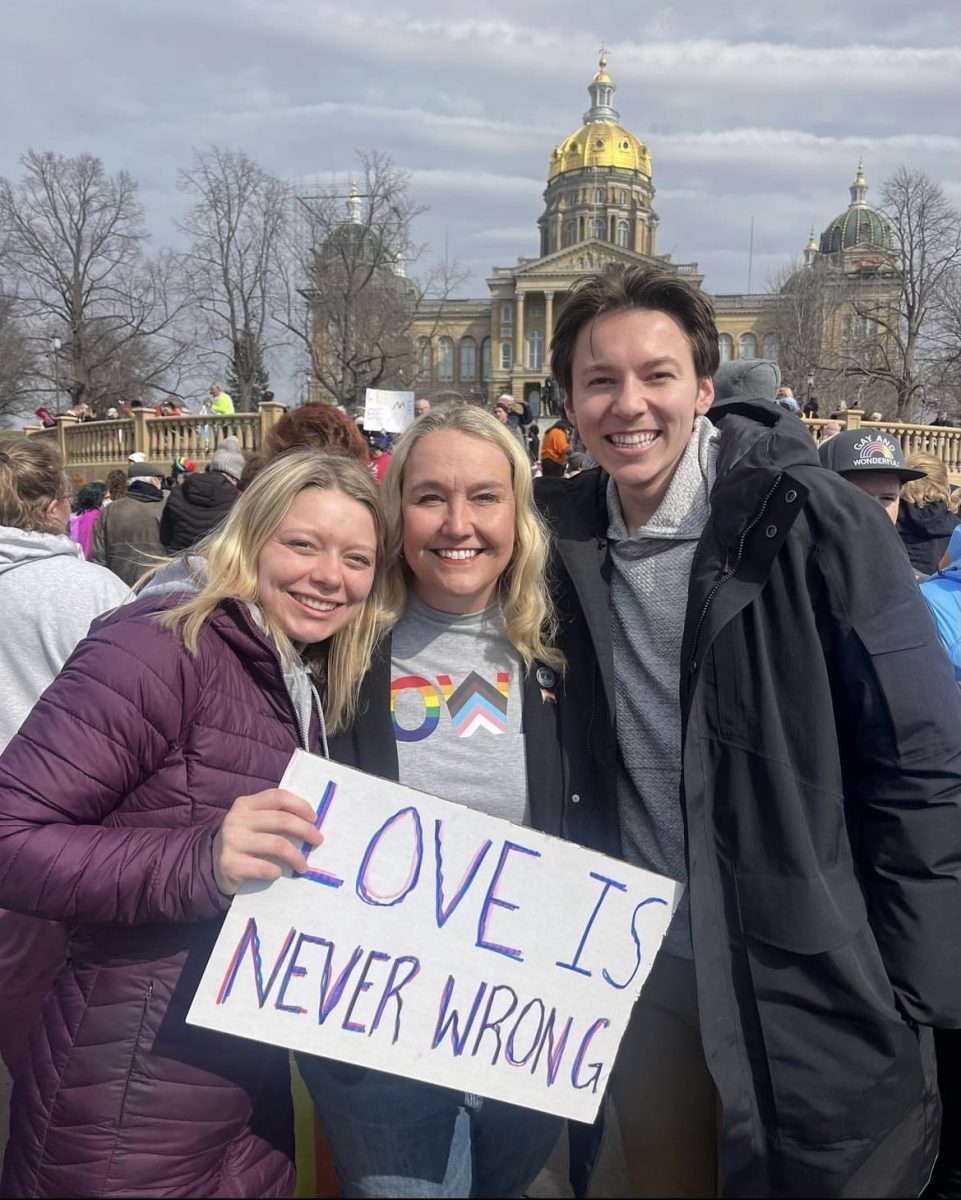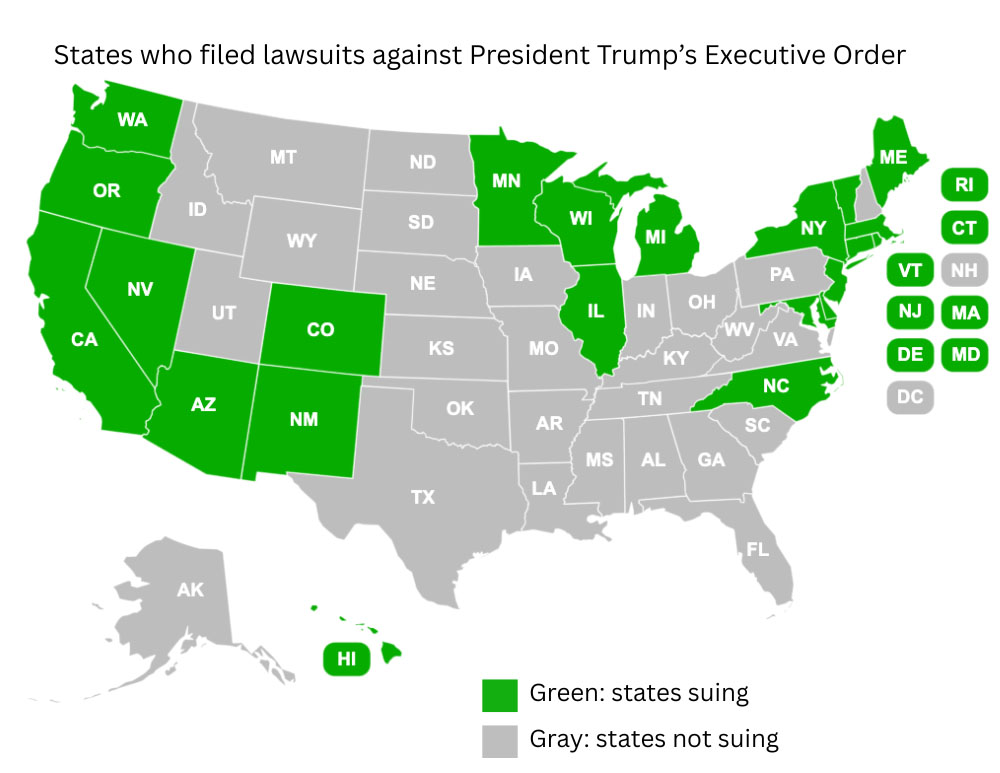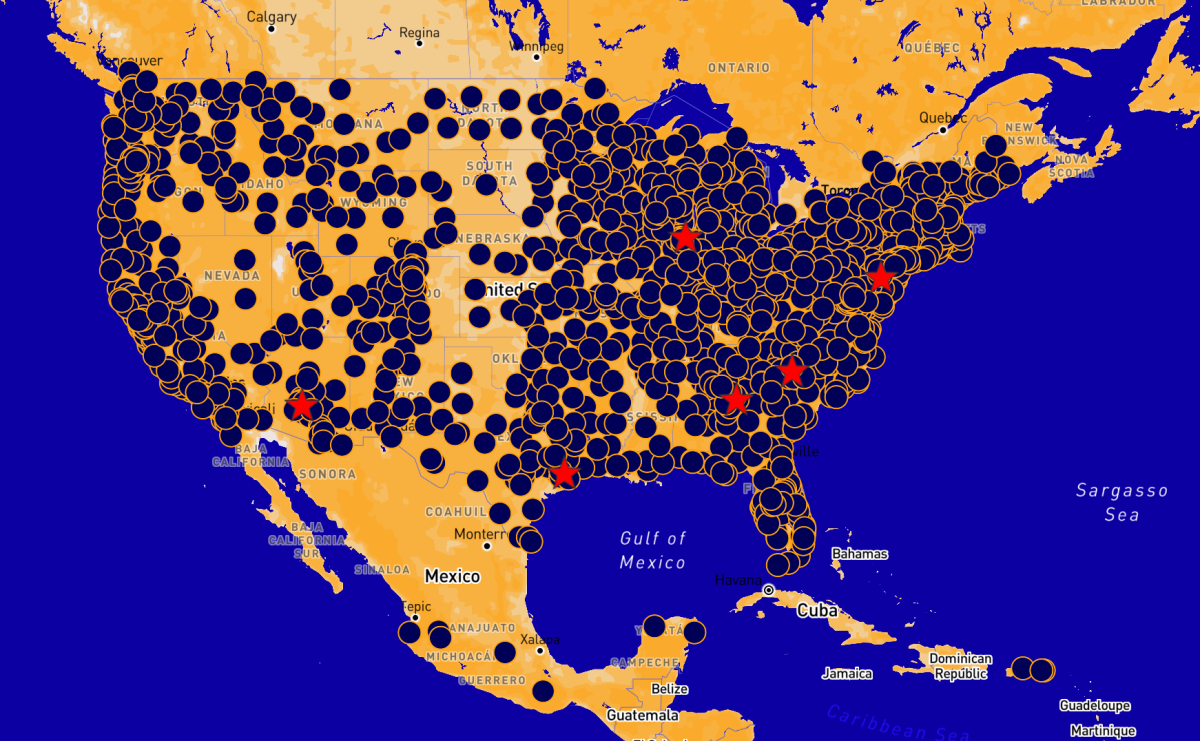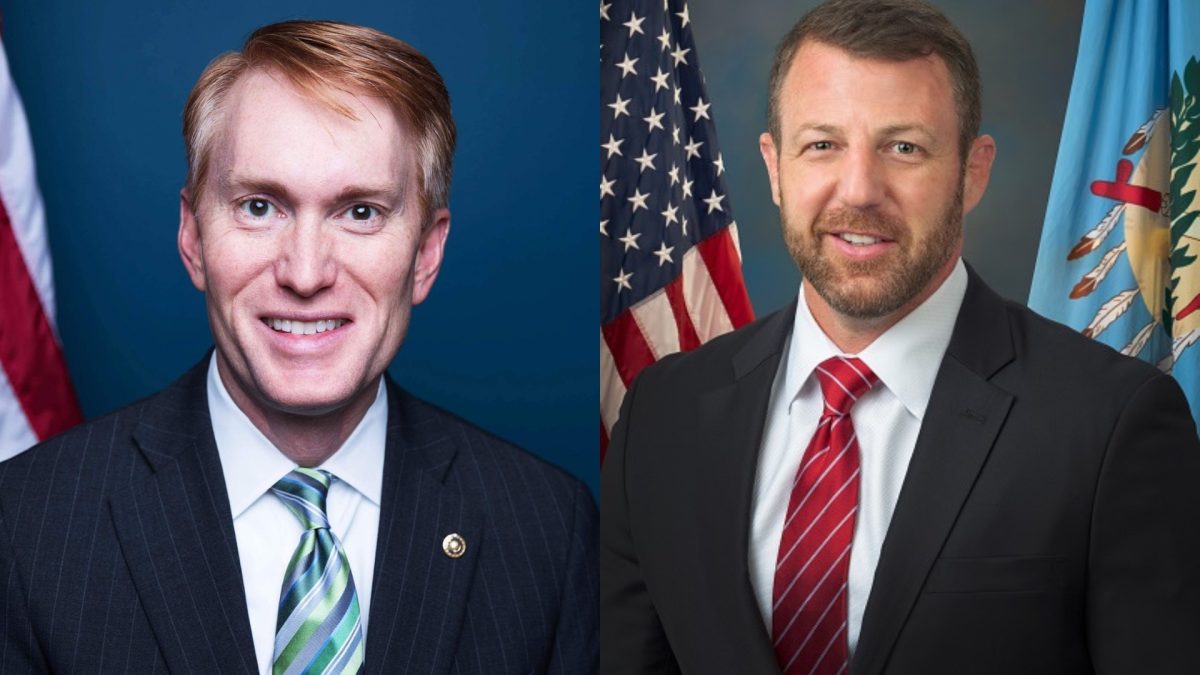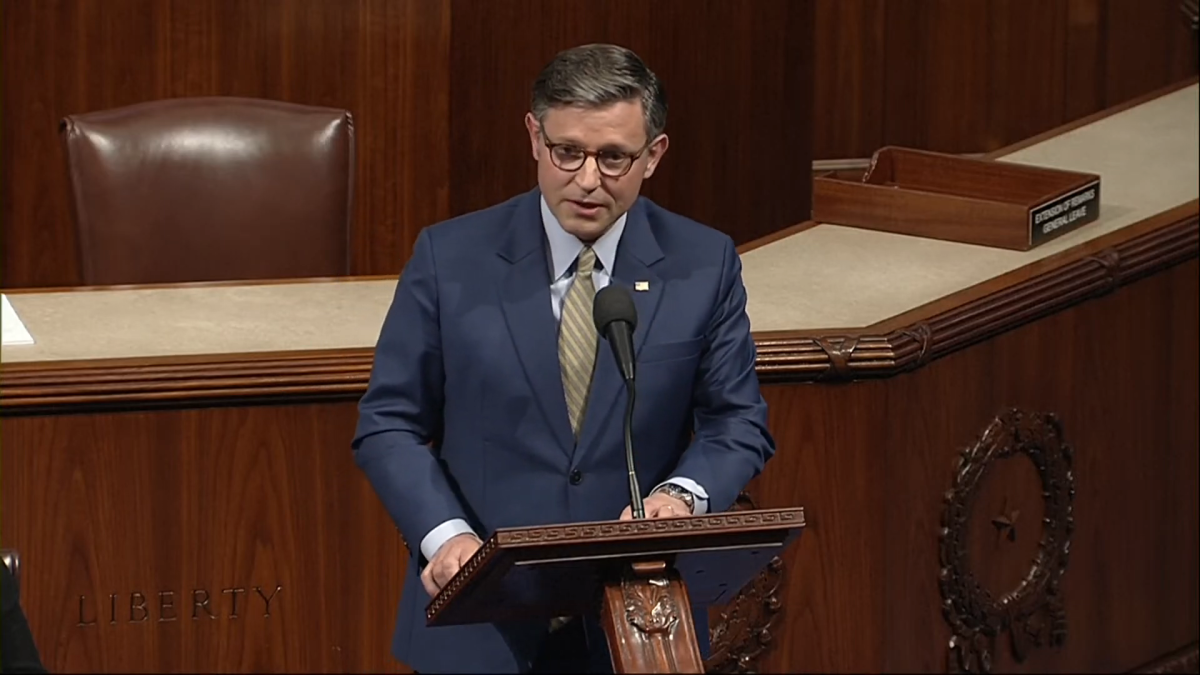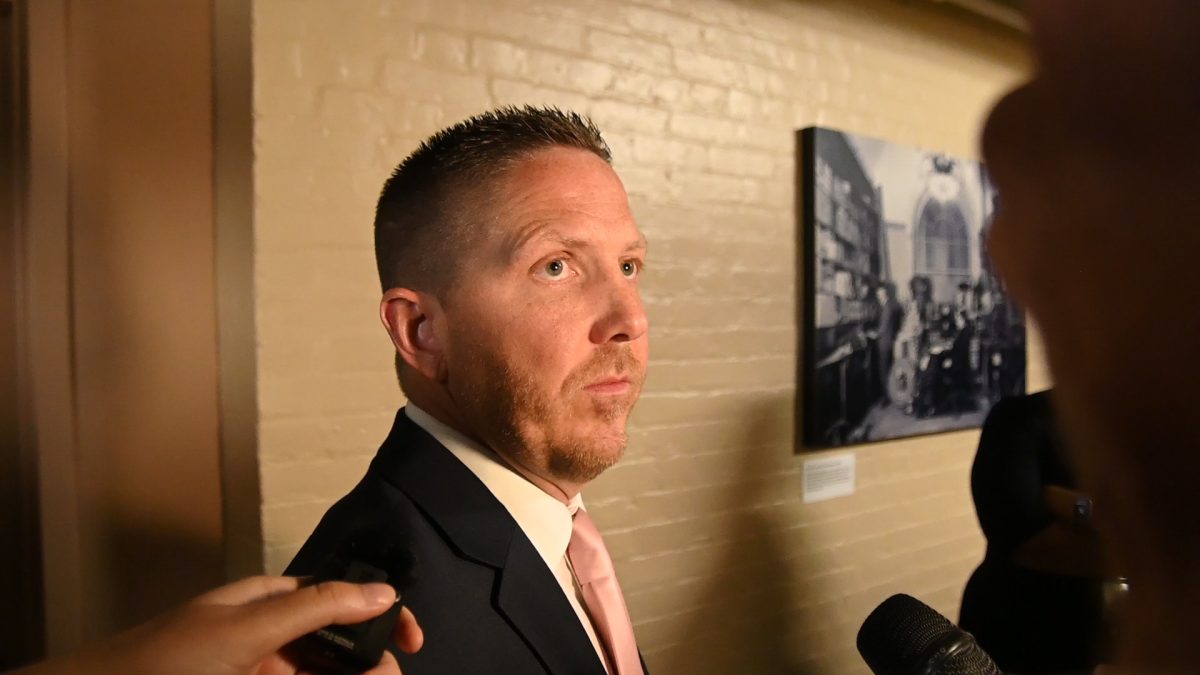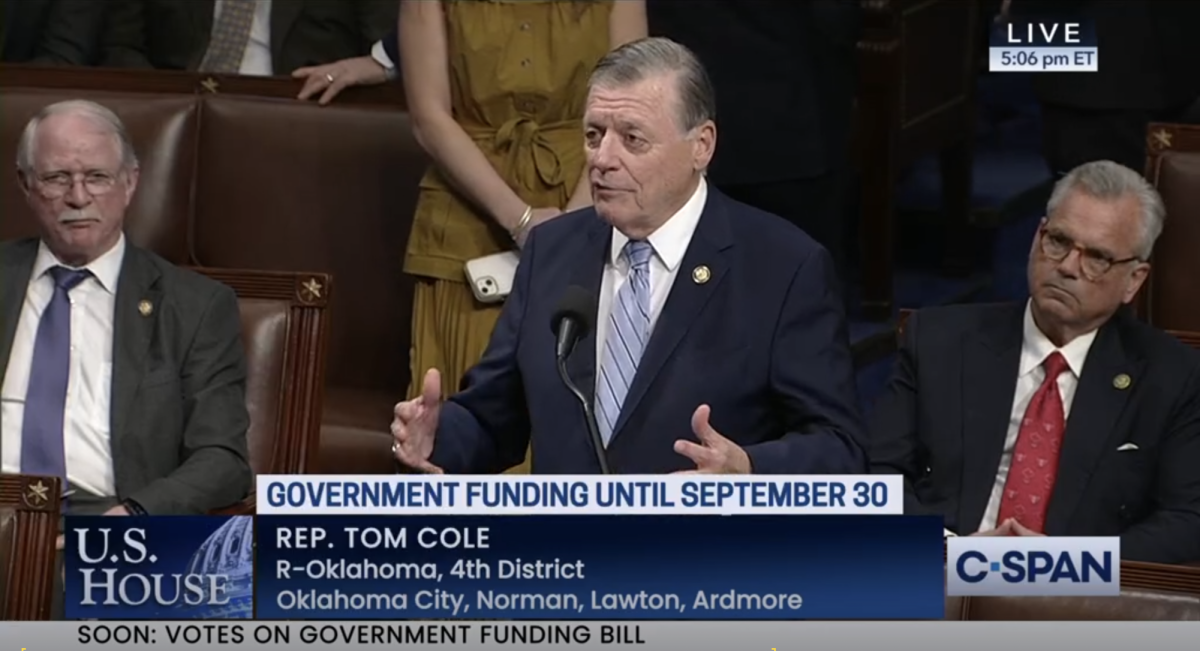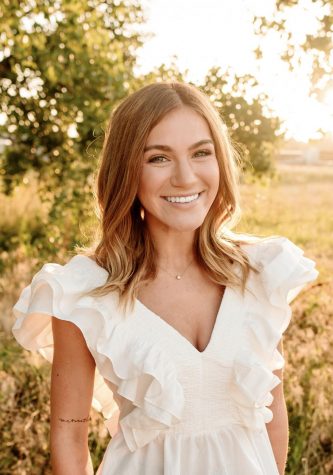Graph by Autumn Waggoner
WASHINGTON– Campaign reports indicate a competitive Republican primary contest is shaping up in Oklahoma’s 5th congressional district while incumbent Democratic Rep. Kendra Horn keeps up an aggressive fundraising pace.
One of the top Republican candidates for Oklahoma’s 5th congressional seat is sitting Oklahoma State Senator Stephanie Bice of Oklahoma City, who has been in office since 2014, already had $334,105 cash-on-hand at the beginning of the year. She has gathered another $15,500 from Political Action Committees.
Another well-known name in the running is Janet Barresi. Elected in 2010, Barresi served one term as the Superintendent of Public Instruction. She has now entered the race in the 5th District, with $435,233 cash-on-hand at the start of the 1st quarter in 2020. Barresi also contributed half a million dollars to boost her campaign.
The race in the Fifth District, which is comprised mostly of Oklahoma City along with Pottawatomie and Seminole counties, is shaping up to be one of the most expensive in recent history.
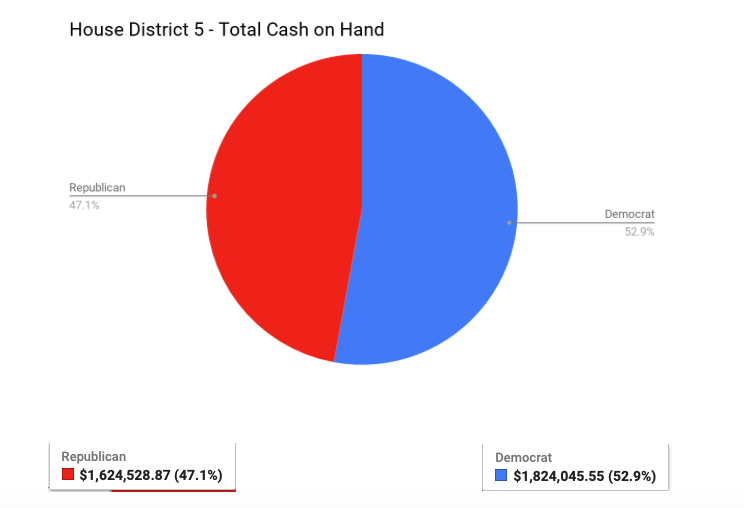
U.S. Rep. Kendra Horn (D, Okla.) reported she has already raised $200,000 more than all eight GOP candidates combined in hopes of repeating her shocking victory two years ago. Horn reported she started the 1st quarter of 2020 with $1.82 million cash-on-hand.
But Keth Gaddie, University of Oklahoma political science professor, said it’s too early to talk about money.
“Kendra Horn is the most vulnerable democratic incumbent in the U.S. House,” said Gaddie.
The real question is who the Republican party nominee is going to be.
It is all about style and generations. Gaddie said an open seat primary election is not going to be about PAC money; there will be plenty of national Republican money that comes flooding in once there is a nominee.
“The question is to what extent is a dollar that Bice has gotten from a voter more valuable than a dollar Barresi or Neece has gotten from themselves, we don’t know yet,” said Gaddie, “It’s how those dollars translate those candidates into people who carry a message and voters want.”
Michael Crespin, Curator of the Carl Albert Congressional Research and Studies Center and Professor of Political Science at The University of Oklahoma, also weighed in on the financial aspect of this race. Crespin explained there wouldn’t be the amount of money being seen in the Republican primaries if the GOP wasn’t confident they can pick up that seat.
“Whoever the [Republican] nominee is, is going to win… any of these candidates who is going to give an incumbent a challenge,” said Gaddie. “The one the most dangerous to Kendra is Bice because she is young and she knows the job and she presents incredibly positively… and I think that resonates. It does matter.”
Among the other GOP candidates Republican Terry Neese is continuing her political career with a start in the 1st quarter of 2020 with $655,266 cash-on-hand. She boosted her campaign with $450,000 in loans. Neese received $2,500 from Political Action Committees for her campaign.
Neese was nominated for the seat of lieutenant governor in 1990 when she made state history by becoming the first woman in Oklahoma to do so, though she did not win the election. Since then, she has become a business woman in Oklahoma, receiving multiple awards on her behalf.
David Kimmell Hill Sr., who is one of Oklahoma’s well-known CEO’s, is entering the race and beginning the 1st quarter of 2020 with $172,426 cash-on-hand.
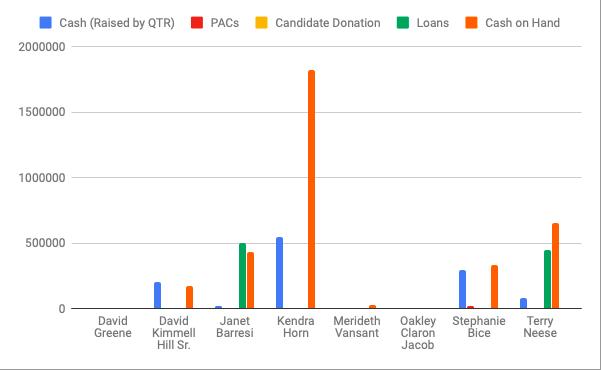
With no previous political experience, candidates Oakley Claron Jacob and Daniel Joseph Belcher have yet to raise any campaign funds, leaving six candidates still in the running.
Horn said she welcomes the challenge.
“The record-breaking support we received shows people are standing with our shared values and standing against the politics of divisiveness that hold us back from working together for the common good,” said Horn. “I am grateful for the support of those who share our values and our vision.”
Despite the support Horn spoke about, the Oklahoma State Election Board recorded only 37.91% Democrat in District 5. Oklahoma is still a primarily red state despite the shift in Oklahoma’s 5th Congressional District which elected her in the first place.
Another Oklahoma incumbent facing challenges in the upcoming 2020 primary race is Senator James Inhofe who has served Oklahoma since 1994.
Sen. James Inhofe (R-Okla.) has yet to announce he is running for reelection, yet he continues to fundraise. He has reported raising $608,430 for the 2019 year and begins the 1st quarter of 2020 with $2.3 million cash-on-hand.
In 2014, Inhofe was also up for reelection; he announced his campaign in an interview with local radio station, KRMG, in August 2013.
Being six months behind his last campaign schedule, he still has yet to announce his campaign for the 2020 election; however, he showed what others looked at as a campaign video at a birthday event back in November.
If he does announce, Inhofe will have five democrats and one republican running for the Senate seat. JJ Stitt and he will face off in a Republican primary.
JJ Stitt, the only Republican running against incumbent James Inhofe for the seat, has raised nearly $6,500 and will begin the 1st quarter of 2020 with $377 cash-on-hand.
Of the democrats running for the democratic nomination, candidate Abby Broyles has raised the most money at almost $64,000 and will begin the 1st quarter of 2020 with $42,377 cash-on-hand.
While the elections are in November, it is already proving to be an exciting election cycle that could have various outcomes.
The other Oklahoma incumbents, U.S. Representatives Kevin Hern (R-Okla.), Tom Cole (R-Okla.), Markwayne Mullin (R-Okla.), Frank Lucas (R-Okla.) and Tom Cole (R-Okla.), up for reelection have filed reports with the Federal Election Commission which show them far ahead of their competitors.
Gaylord News is a reporting project of the University of Oklahoma Gaylord College of Journalism and Mass Communication.

